
Ex-BMWK, Jacques Delors Centre, ECB
www.zeit.de/mobilitaet/2...

www.zeit.de/mobilitaet/2...
Joint work - Germany, France and the other member-states can either do a coordinated demand push for EU built cars or descent into a chaos of regulatory roll-backs and bailouts.
It really is hang together or separately for European cars.
The issue isn’t the 2035 engine ban - it’s demand falling off a cliff today
With @sandertordoir.bsky.social and @lucasguttenberg.bsky.social, we show why flipping regs won’t help - and what the EU can do instead.
Joint work - Germany, France and the other member-states can either do a coordinated demand push for EU built cars or descent into a chaos of regulatory roll-backs and bailouts.
It really is hang together or separately for European cars.
The issue isn’t the 2035 engine ban - it’s demand falling off a cliff today
With @sandertordoir.bsky.social and @lucasguttenberg.bsky.social, we show why flipping regs won’t help - and what the EU can do instead.
The issue isn’t the 2035 engine ban - it’s demand falling off a cliff today
With @sandertordoir.bsky.social and @lucasguttenberg.bsky.social, we show why flipping regs won’t help - and what the EU can do instead.
@romyha.bsky.social, @eulaliarubio.bsky.social, @lindnerjs.bsky.social l and I took a closer look at the Commission’s proposal.
We think successful negotiations now hinge on four things:

@romyha.bsky.social, @eulaliarubio.bsky.social, @lindnerjs.bsky.social l and I took a closer look at the Commission’s proposal.
We think successful negotiations now hinge on four things:
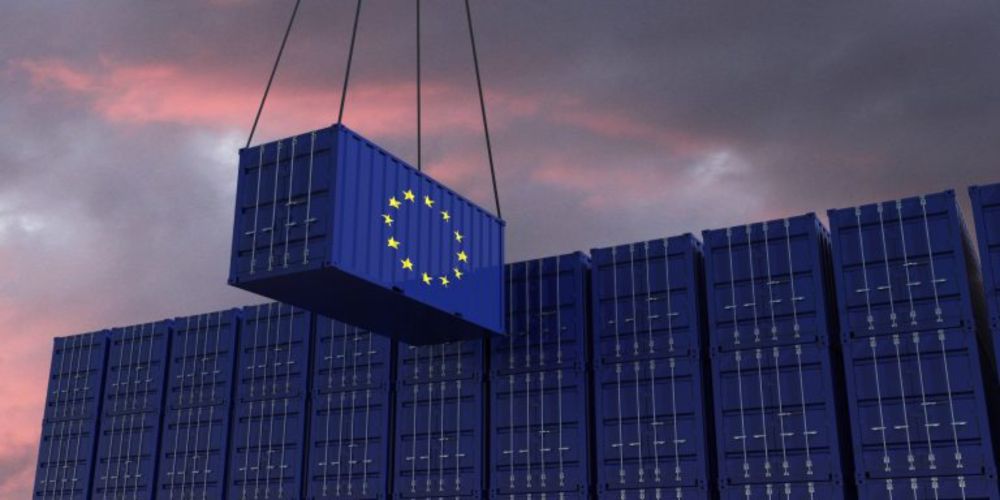
You can't expect the Jeunesse d'Esch to play like Real Madrid.

You can't expect the Jeunesse d'Esch to play like Real Madrid.




Be that as it may, this is very disingenous: the contours of the deal we were headed for was clear for weeks. The two most powerful EU member-states could've stopped it.
www.ft.com/content/00ec...

Be that as it may, this is very disingenous: the contours of the deal we were headed for was clear for weeks. The two most powerful EU member-states could've stopped it.
www.ft.com/content/00ec...

Like the NATO summit and Rutte's 'Daddy' strategy, mabye the outcome could have been worse. But losing pride and being humilated is also a price that is paid.
Like the NATO summit and Rutte's 'Daddy' strategy, mabye the outcome could have been worse. But losing pride and being humilated is also a price that is paid.
Warum glauben so viele in Berlin, Deutschland könne Chinas Industriepolitik nichts entgegensetzen?
Dabei haben wir riesige fiskalische Spielräume und eine starke industrielle Basis.
1/
www.kas.de/de/web/die-p...
Warum glauben so viele in Berlin, Deutschland könne Chinas Industriepolitik nichts entgegensetzen?
Dabei haben wir riesige fiskalische Spielräume und eine starke industrielle Basis.
1/
www.kas.de/de/web/die-p...
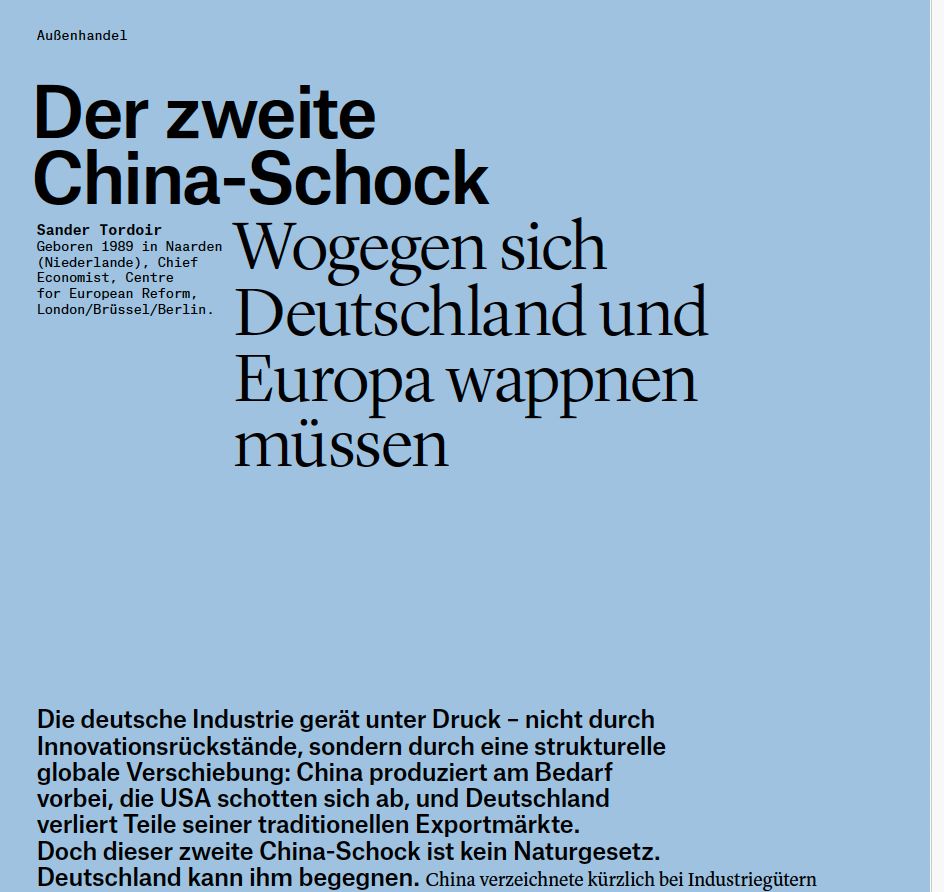
What should Brussels do and what should it avoid?
This new piece by @corajungbluth.bsky.social lays out the dos and don’ts:
bst-europe.eu/economy-secu...

What should Brussels do and what should it avoid?
This new piece by @corajungbluth.bsky.social lays out the dos and don’ts:
bst-europe.eu/economy-secu...
Warum? Stay with me:
Warum? Stay with me:
Warum? Stay with me:
Warum? Stay with me:
Warum? Stay with me:
Ich halte das aus ein paar Gründen für keine kluge deutsche Position:
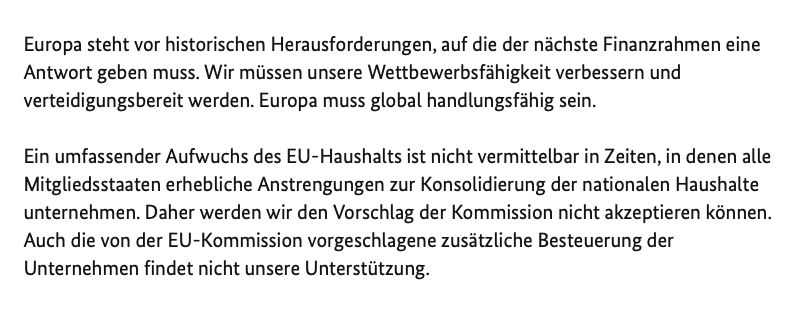
Here is my first quick take:
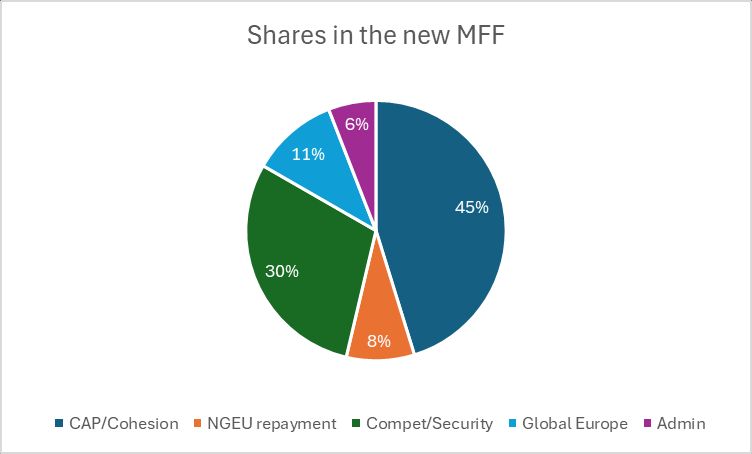
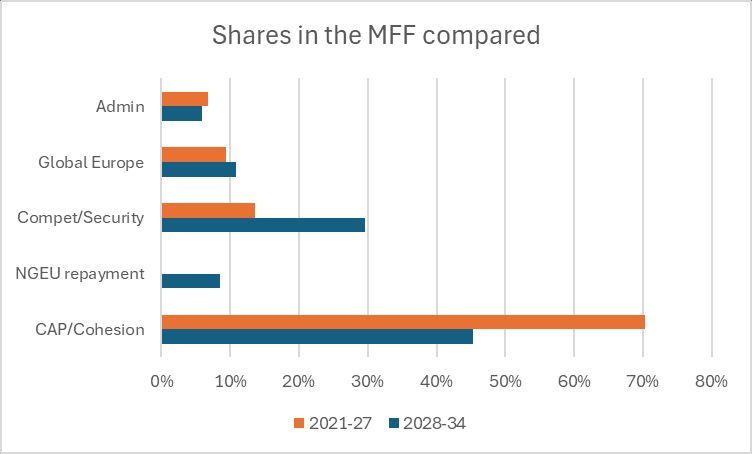
Here is my first quick take:

